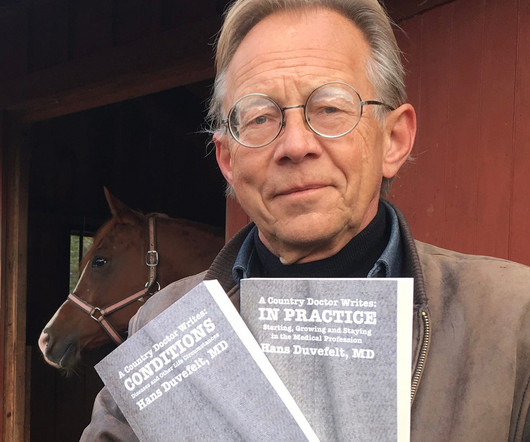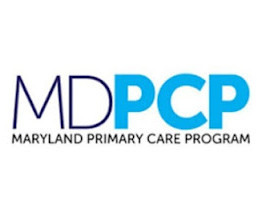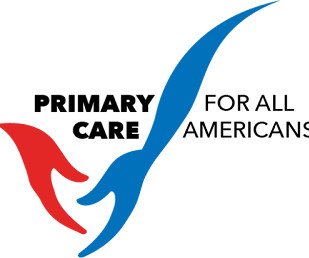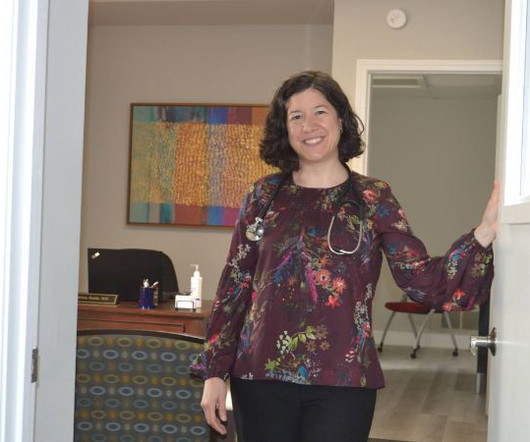Can the Practice of Primary Care Medicine ever be Practical Again?
A Country Doctor Writes
JULY 1, 2025
This means we have the resources to reach out to the populations we manage and offer them immunizations, screening tests and advice without dragging them into the office one by one to do this for them (and bill their insurance for our efforts). I think we need to stop pretending that today’s primary care is patient centered.












Let's personalize your content